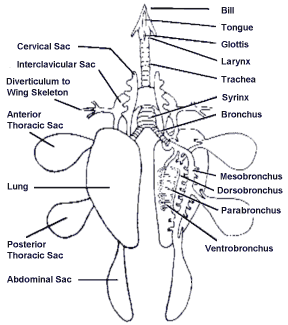QUICK PICK MENU

THE ART OF QUAKER CONVERSATION
We all love the Quakers we share our lives with, or those we might own in the future, just for what they are; fiesty, charismatic little parrots, who utilize to the fullest, body language. An added bonus is that most Quakers have the potential to "speak", and are intelligent in their use of mastered words, often using those words appropriately in context.
Not all Quakers will "talk". Some will develop a limited vocabulary, some will talk all day from the time they wake up, until the the time they are put to bed. Because they are so endearing, we will love them, speaking or not. Although all parrots have the physical ability to speak, each individual bird is different, environmental factors will play a part, and its teacher will play a part.
If you are already a Quaker owner, you will remember the first time your little friend looked up at you and spoke his or her first word. If you are a potential owner, you will be astounded at their first utterance. How do they do it?
 We humans use our larynx, equipped with vocal cords, to speak. Instead of a larynx, birds have a syrinx, which is made of cartilage, and is a distended portion of the trachea. Inside of the syrinx wall, there are 2 thin membranes. These membranes vibrate, which enables the bird to produce sound.
We humans use our larynx, equipped with vocal cords, to speak. Instead of a larynx, birds have a syrinx, which is made of cartilage, and is a distended portion of the trachea. Inside of the syrinx wall, there are 2 thin membranes. These membranes vibrate, which enables the bird to produce sound.
In the wild birds are vocal. They vocalize to attract and communicate with mates, their flock, and use vocalization as an alarm and alert system. In our homes, we are part of our bird's flock and as such, our birds will want to communicate with us. Parrots are remarkable in that they have the ability and desire to communicate in more than one "language".